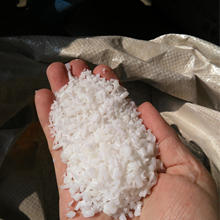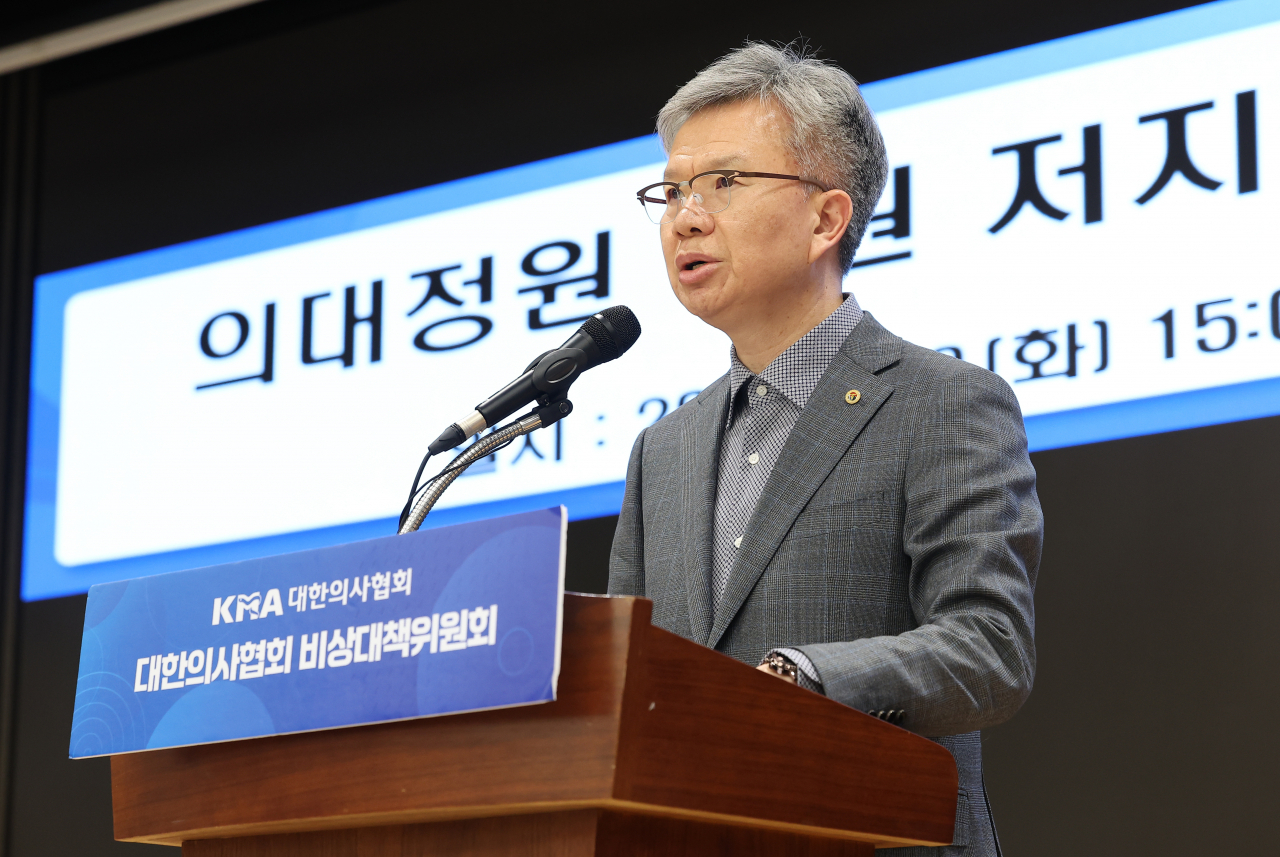It happens most often when I’m driving. My 9-year-old son will be in the backseat talking or playing a game on my phone. And sometimes in my mind’s eye, next to him, I see his 11-year-old brother, a slightly bigger version but with blue eyes. Sometimes they’ll giggle together or argue about who is taking up more room.
I have two sons. It’s just that one of them is now dead.
SEE ALSO:Finding hope when a pregnancy suddenly endsPhoenix was 7 months and 4 days old when he died in July 2005 of bacterial meningitis serogroup B, a strain that, at the time, didn’t yet have an approved vaccine in the U.S.
When I think of him now, I always see two versions of him: the baby he was when he died — and the boy he’d be if he’d lived.
 Phoenix Anderson photographed on July 3, 2005, four days before he died.Credit: Kathy Tucker
Phoenix Anderson photographed on July 3, 2005, four days before he died.Credit: Kathy TuckerPhoenix and Gabriel, who was born a year-and-a-half after his brother died, never met — something I think about every Mother’s Day as proud moms flood social media with photos of their children. I will never have a photo of my two boys together, so instead I post two separate pictures: the latest one of my vibrant Gabriel mugging for the camera, and a photo from Phoenix’s short life.
I sometimes worry that our friends will grow weary of seeing the same unchanging photos of Phoenix year after year, but it’s important to me that I post them. He did live. He was the boy who made me a mother — and then taught me that even death is no barrier to the love between a parent and child. It goes on forever.
 The author with her husband, Mike Anderson, on the day their son Phoenix was born.Credit: Linda dahlstrom anderson
The author with her husband, Mike Anderson, on the day their son Phoenix was born.Credit: Linda dahlstrom andersonWhen Phoenix was alive, each day was filled with blissfully routine activities: dressing him, feeding him, bathing him, playing with him, cuddling him, taking him for walks, reading him books, putting him in pajamas, rocking him to sleep and on and on.
"It is the last way I know to take care of him."
All that instantly stopped the evening he died, but my hardwired drive to take care of Phoenix didn’t. For months after, I felt I couldn’t start my day unless I chose an outfit for him. In those few moments each morning, when I picked out his clothes, held them to my face and desperately tried to identify even a remnant of his scent, I could be his mother again in a way that felt familiar.
After all these years, there is only one thing left that I can physically do for him. It’s a tradition that started around the first Mother’s Day following Phoenix’s death. I wait for a nice day each May, take my pink cleaning bucket out of the closet and fill it with sponges and scrubbers.
Then I go to the historic Seattle cemetery where he is buried, where I wash his grave marker with soap, something the funeral home suggested my husband and I do once per year to maintain the stone. It is the last thing I can do for him. It is the last way I know to take care of him.
 The author with her husband and son Phoenix at a music festival in Seattle, in May 2005.Credit: linda dahlstrom anderson
The author with her husband and son Phoenix at a music festival in Seattle, in May 2005.Credit: linda dahlstrom andersonWhen I’m done with his grave I tend the graves of children who died long ago and whose families are no longer alive. For those moments, in the quiet of the cemetery, I get to mother these children. It’s something I hope that maybe, years from now when everyone who remembers Phoenix is gone, some stranger, perhaps a mother like me, will continue to do for him.
There’s an old grave I came across when I first started my yearly ritual. The marble marker was worn down but I thought it might be a statue of a boy. As I started scrubbing the dirt and lichen off, an inscription began to emerge at the base: “All the light and all the joy, we buried with our darling boy.”
Mashable Top StoriesStay connected with the hottest stories of the day and the latest entertainment news.Sign up for Mashable's Top Stories newsletterBy signing up you agree to our Terms of Use and Privacy Policy.Thanks for signing up! The pain of losing a child, the wrongness of it, felt the same a century ago as it does now. Back then, it was a more common experience. Now, bereaved parents can feel marooned on their own islands of grief.
"The truth is that Mother’s Day will probably always be complicated and bittersweet for me."
We often find each other online through Facebook or Twitter. Each year since Phoenix died, I usually hear from several bereaved parents who want to talk. I don’t promise to have any answers. I wish I did. But I can listen and tell them that there is no wrong way to grieve their child.
Just as their love for their child is unique, I tell them, so is their grief.
On Mother’s Day, other bereaved moms and I go to each other’s Facebook pages to say we are remembering the child who died. We share memories, if we have them; we say their beautiful names and we are so grateful for our other friends and family members who do the same for us.
The truth is that Mother’s Day will probably always be complicated and bittersweet for me. It’s a day when I celebrate Gabriel and feel so grateful for him and my own beautiful mother, as vital as ever at age 86. I will also always miss Phoenix. The heart is big enough to hold both the love and the loss.
But on that day, each year, I try to focus on the joy. I never, ever want Gabriel to feel he is not enough. He is more than enough — my dazzling, exuberant little boy who loves basketball, experimenting in the kitchen and, when I am lucky, snuggling with me. I don’t want him to ever doubt that he fills me up in ways I can’t begin to express, and that I feel the full thrill of getting to be his mother.
 The author with her husband and son Gabriel in 2015.Credit: linda dahlstrom anderson
The author with her husband and son Gabriel in 2015.Credit: linda dahlstrom andersonPhoenix was enough, too. I got to be his mother for his entire life. I was there when he took his first breath and also his last. I got to witness both those magical moments of coming and going and be with him for all of it.
"It’s possible to survive things you think you can’t."
When I talk to newly bereaved parents, I tell them that I no longer feel the despair and blackness I first felt when Phoenix died.
I have learned it’s possible to survive things you think you can’t. I have learned that even in the darkest times, the heart can crack open more widely. And I have learned to better recognize the beauty and love all around us. The love of friends and family held my husband, Mike, and me up after Phoenix died — and still does.
I feel that love on holidays like Mother’s Day when friends reach out to remember both my boys. Or when my mother gives me a new wind chime for Phoenix’s grave, or a when a friend celebrates Phoenix’s birthday with flowers or a donation to a children’s organization. I am surrounded in all these ways by the transcendent fullness of life.
 The author and her son Gabriel in a 2015 photo.Credit: LINDA DAHLSTROM ANDERSON
The author and her son Gabriel in a 2015 photo.Credit: LINDA DAHLSTROM ANDERSONI feel Phoenix’s love, too. To this day, I ache to hold him in my arms or kiss his soft cheek one more time, something I do all the time with Gabriel, knowing what a luxury that is. But shortly after Phoenix died I began to feel him all around me, almost flowing through me, as if the physical barrier between us had vanished.
About a year after Phoenix died, I read about the work of researcher Dr. Lee Nelson who discovered that when a woman is pregnant, fetal cells flow through the mother’s body – often lodging in her brain where they stay for years. In that way, a child is physically still with the mother long after he’s been born.
"I have been so rich as a mother: I got to have two beautiful boys."
Later, after I went to work at Fred Hutchinson Cancer Research Center where Lee is a scientist, I told her what her findings meant to me and other moms I know who have lost a child. Her latest research, she told me, indicates the fetal cells remain in the mother her entire life. The body remembers.
Anyone who sees my family now for the first time will assume I only have one child. But I have been so rich as a mother: I got to have two beautiful boys. While I will never get to see them playing together, or attending each other’s graduation or joining forces to make breakfast in bed for me on Mother’s Day, I do have two sons. And the place I will always find them together, in every possible way, is deep within my body and my heart.
Linda Dahlstrom Anderson is a writer and editor in Seattle. Follow her on Twitter.
Have something to add to this story? Share it in the comments.
顶: 647踩: 76
Still a mother: Parenting after a child has died
人参与 | 时间:2024-09-21 22:52:59
相关文章
- Pope says England are not 'one
- Seoul's transit pass hits 1 million issuance milestone
- 重磅!广东能繁母猪保有量目标下调至190万头!
- 最新!16家猪企一季度总销量超3580万头!
- 海丰芥蓝入选全国名特优新农产品名录
- Get Rid of Windows 10 Ads, Office Offers and Other Annoyances
- World's first esports island gets Abu Dhabi's billion
- Dramatic video shows moment K9 deputies arrest man accused of killing woman and her 4
- Ruling bloc seeks tougher sentences for deepfake sex crimes
- Swiatek exits Miami with Gauff after upsets






评论专区